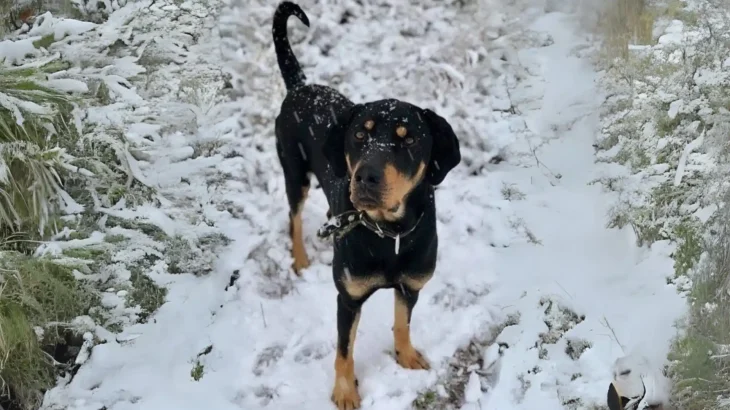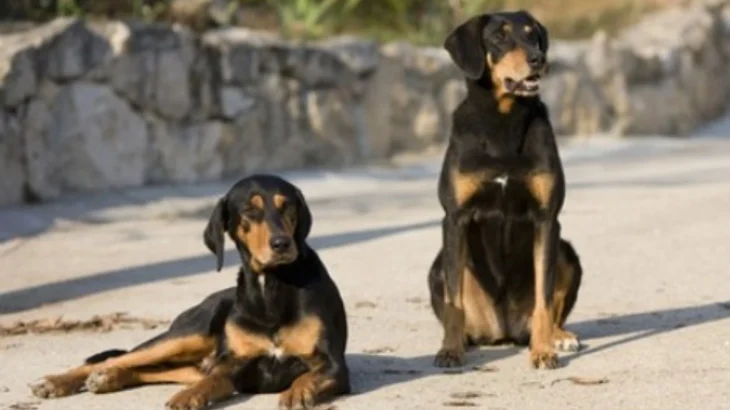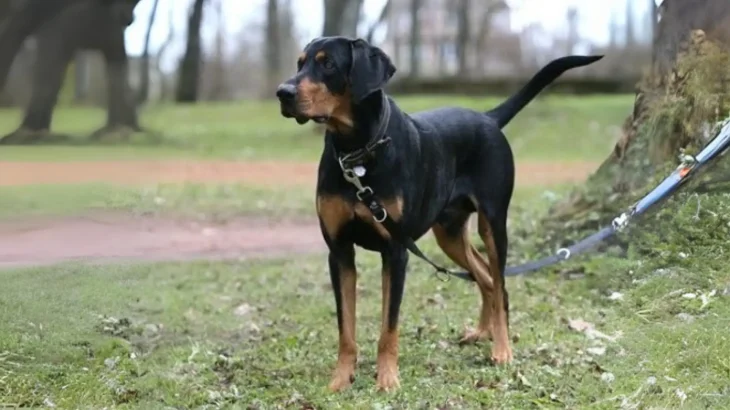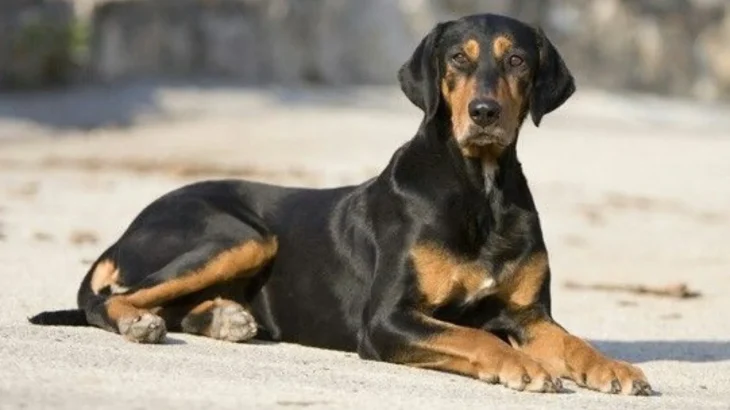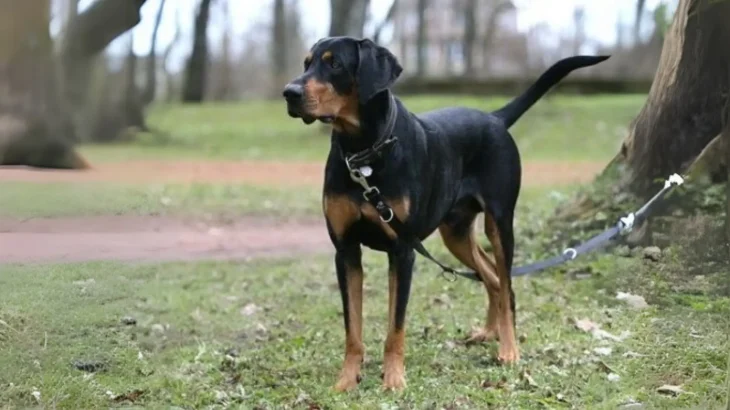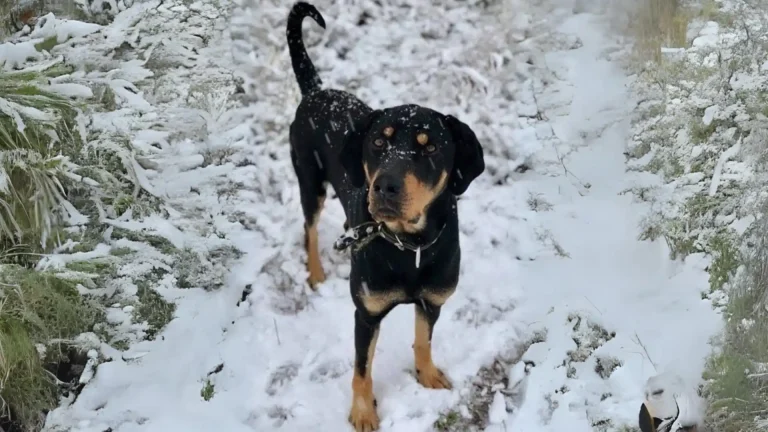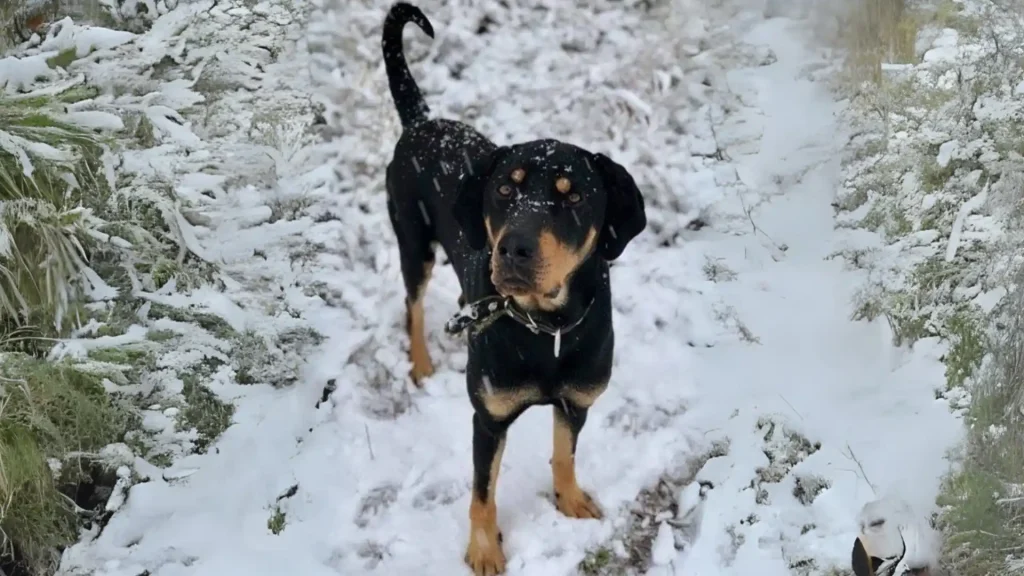Deciding whether to adopt or purchase a Latvian Hound puppy depends on your priorities, such as health history transparency and ethical considerations. While buying from a breeder may offer pedigree details, adoption gives a chance to provide a loving home to a dog in need, offering a meaningful and ethical choice.
Adoption vs. Breeder: Pros & Cons
| Criteria | Buying from Breeder | Adopting from Shelter/Rescue |
|---|---|---|
| Cost | Generally higher, reflecting the breed's pedigree and breeding costs. | Lower adoption fees, often including initial veterinary care. |
| Health History | Comprehensive records and genetic screenings usually provided. | Health history may be limited or unknown, but veterinary checks are performed. |
| Age Availability | Typically offers puppies, allowing for early training. | Varies widely, including adults and sometimes puppies. |
| Ethical Considerations | Supports responsible breeding when breeder is reputable. | Provides a home to dogs in need, promoting animal welfare. |
| Breed Purity & Pedigree | Assured with documentation from breeder. | May be mixed or unknown lineage. |
| Return Policy & Support | Often includes contracts with support and return options. | Varies by shelter; some offer limited post-adoption support. |

